Digital transformation needs to facilitate people
The National Assembly deputies agreed with the necessity of promulgating the Law on Digital Transformation, aiming to perfect the legal system on national digital transformation, establish an inter-sectoral legal framework, regulate the relationship between subjects in the digital environment; promote comprehensive digital transformation; and enhance international cooperation and integration.
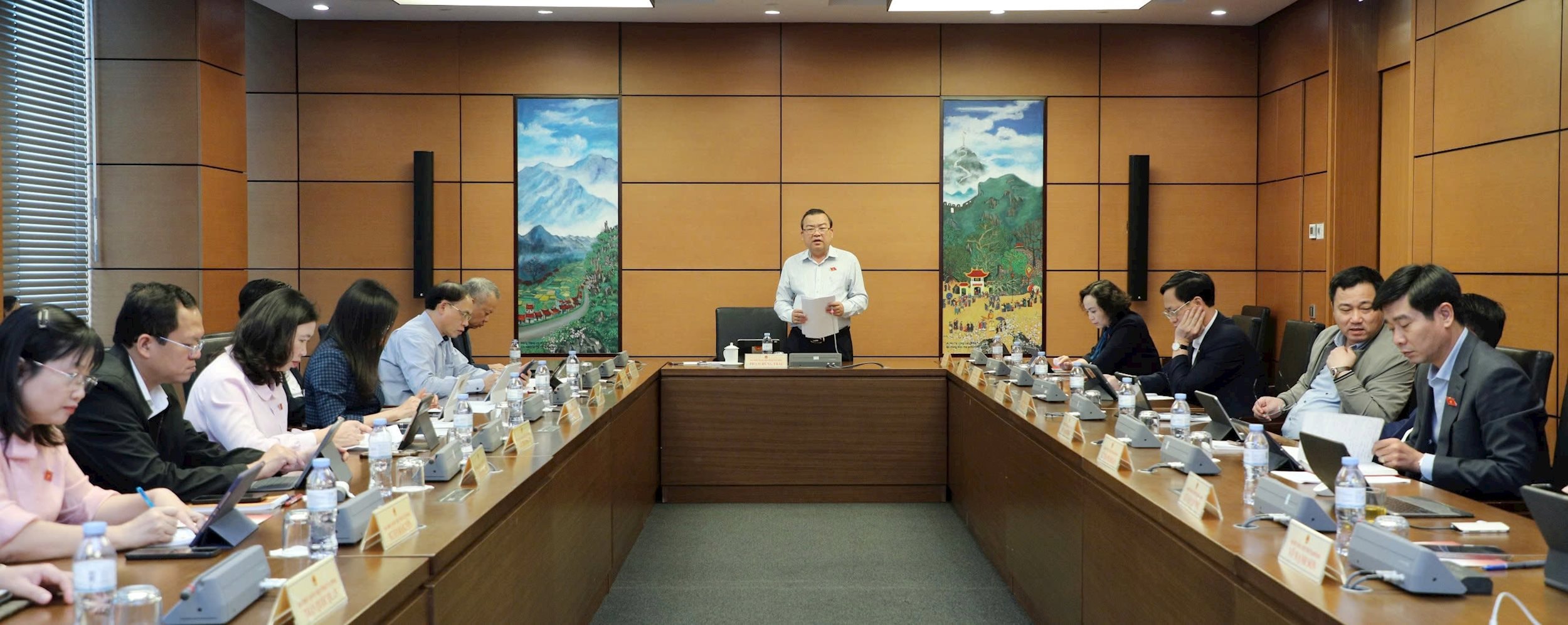
Commenting on this draft law, National Assembly member Le Thanh Hoan (Thanh Hoa) proposed that the Digital Transformation Law should only apply to the State sector and socio -political organizations, instead of applying to the whole society. The reason is that businesses, organizations, and units have proactively implemented digital transformation according to the needs and current regulations of the law.
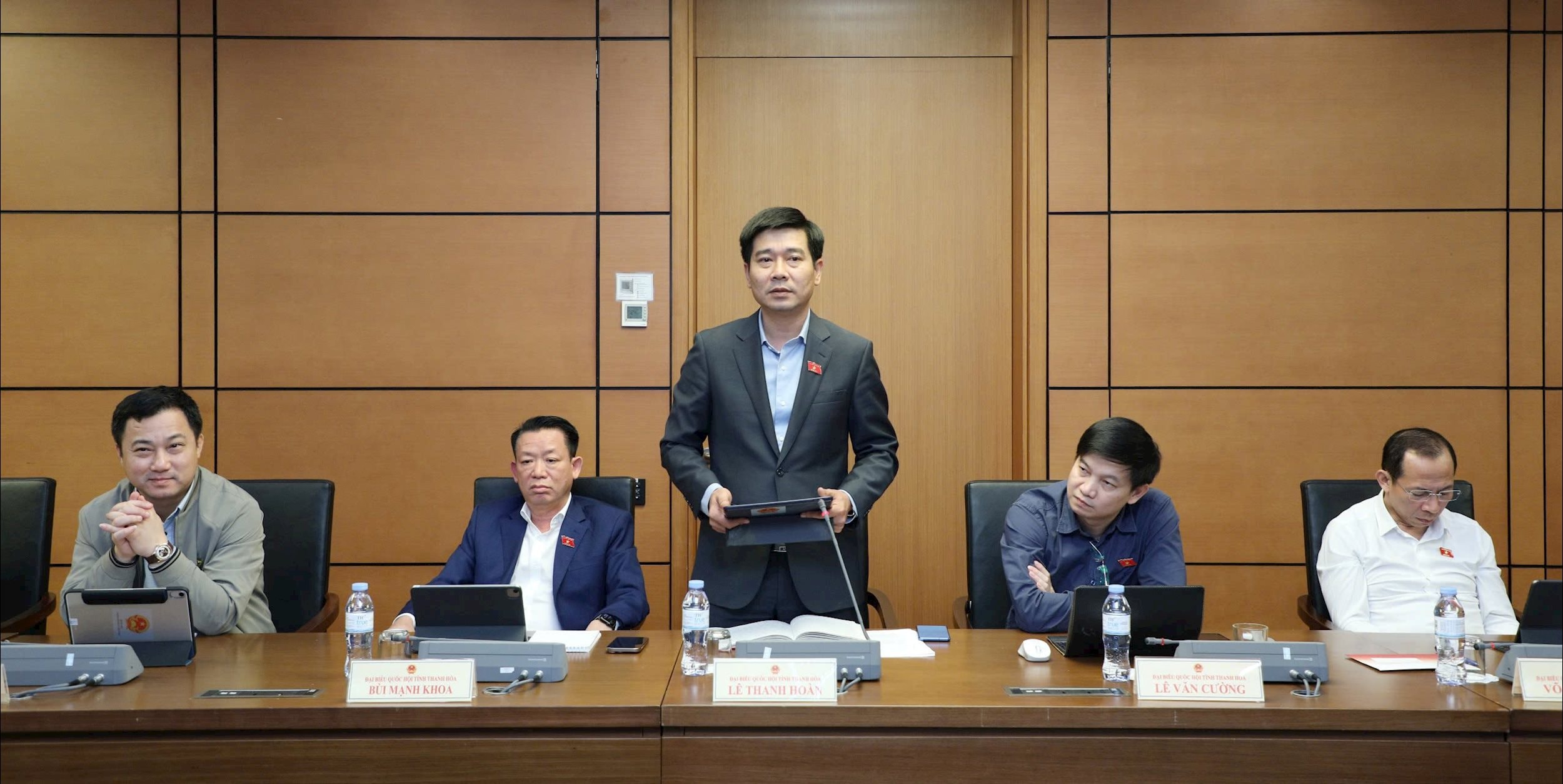
In addition, there should be a principle that digital transformation must not make things difficult for people. Delegate Le Thanh Hoan gave an example: when carrying out the entire administrative procedure, people can register at home without having to go to the government office. However, when people have already come directly to the office but still require people to register on the public service system, that is making things difficult for them. Because, in reality, there are many people who are not yet proficient in using technology, many people do not have a level 2 VneID account. Not to mention, the unsynchronized infrastructure and database system is also a big challenge in implementing comprehensive digital transformation.
“To build a digital society, we need digital citizens, but to have digital citizens, there must be a process. Therefore, we need to pay attention to the readiness of people, especially the elderly, in rural areas, who are not familiar with using digital devices and services. We need support solutions so that people can access and use digital services easily,” emphasized delegate Le Thanh Hoan.
Agreeing with the above viewpoint, National Assembly Deputy Tran Quoc Quan ( Tay Ninh ) proposed to stipulate that a governing ministry should develop a set of unified administrative procedure principles to connect and operate a synchronous online public service system nationwide.
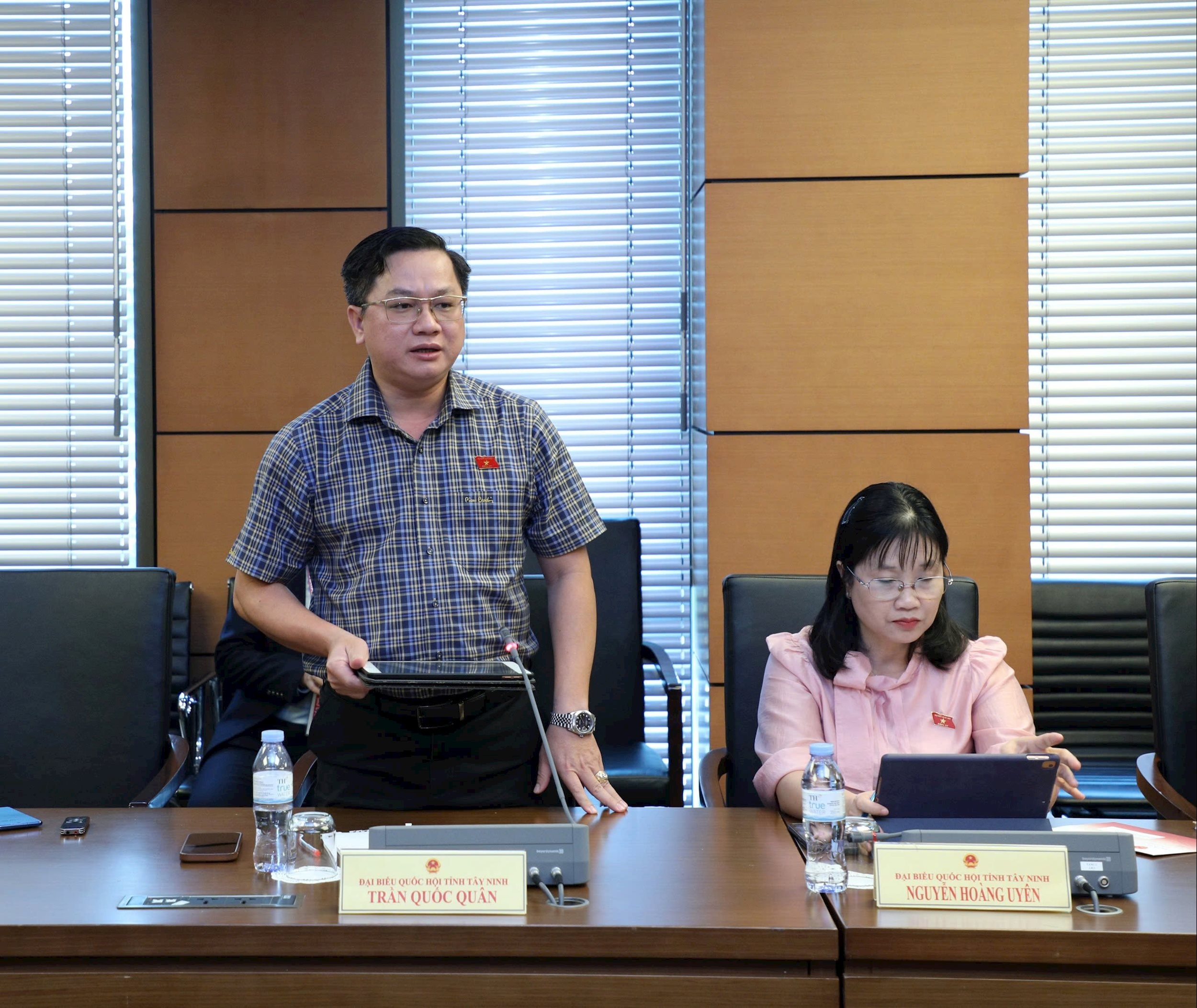
According to the delegate, Clause 4, Article 20 of the draft law stipulates that state agencies are responsible for designing and operating accessible online public services for everyone. However, in reality, each locality is developing its own process for receiving administrative procedure records based on the general procedures of the ministry.
This difference creates a major problem when receiving administrative procedures across administrative boundaries (receiving documents from one province to another). The delegate gave an example of receiving documents on land use purpose conversion: documents from Dong Thap are received in Tay Ninh according to Tay Ninh procedures, but when transferred to Dong Thap, they cannot be processed. This lack of synchronization is one of the problems when implementing digital transformation and negatively affects the assessment of digital transformation applications as well as people's satisfaction.
"Therefore, clearly defining a governing unit to develop a common set of principles will help the online public service system to be unified and synchronized nationwide, making work at the grassroots level easier," affirmed delegate Tran Quoc Quan.
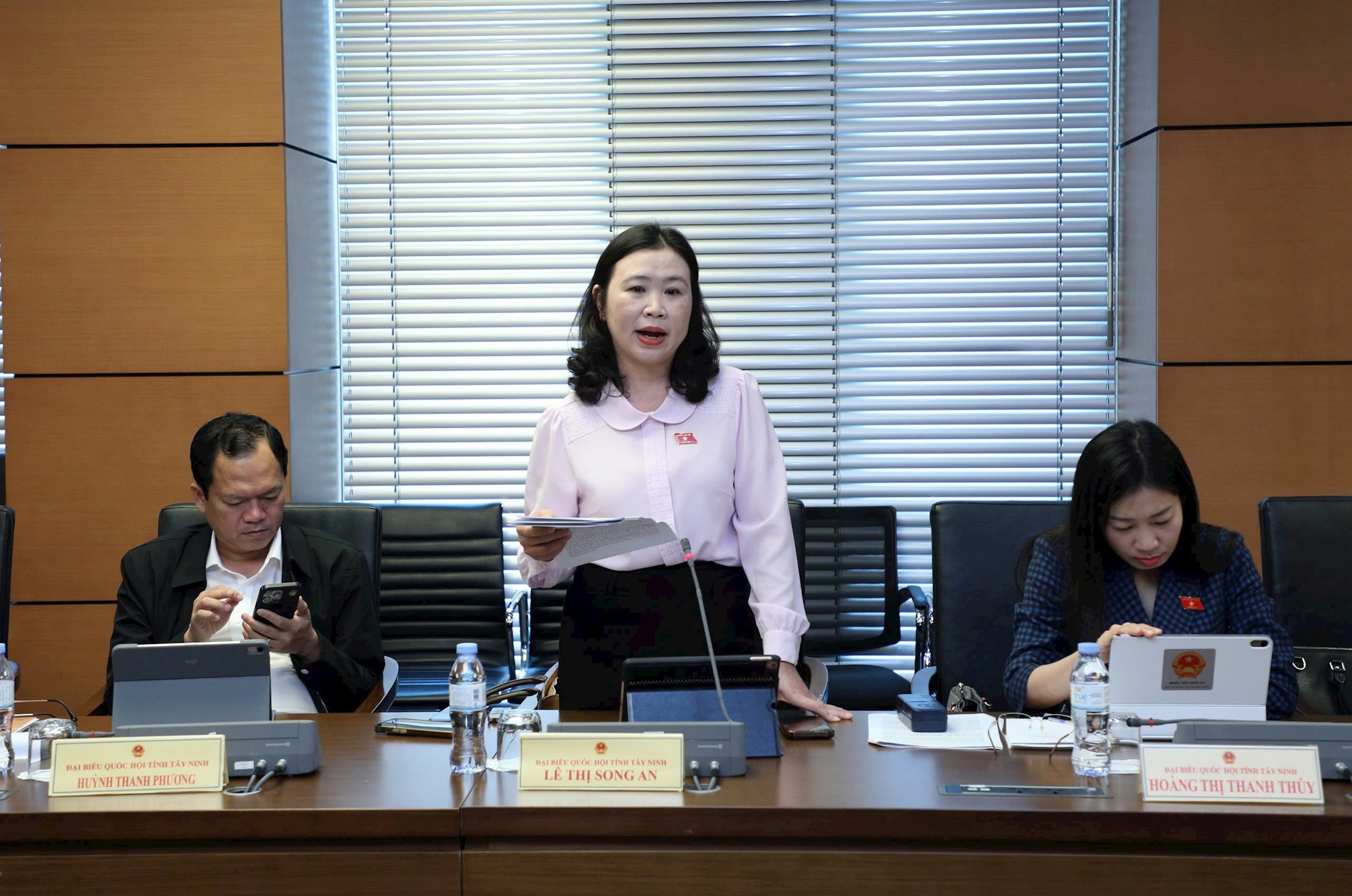
Regarding the provisions on legal responsibility and Data Exploitation in Article 22, during the group discussion, some National Assembly deputies proposed that the Government speed up the progress of synchronizing databases to a single focal point and when the authority grants authority, it should only grant authority to a single focal point for implementation.
According to delegates, Article 22 of the draft law currently stipulates the legal responsibility of state agencies in data exploitation and is not allowed to require people to submit documents. However, the agencies are facing major obstacles due to the lack of interconnectivity and synchronous connection between important databases.
Currently, the population database is managed by the Ministry of Public Security, land is managed by the Ministry of Agriculture and Environment, and justice is managed by the Ministry of Justice. Meanwhile, at the grassroots level, the operation of public services requires the interconnection of all three databases, but currently the interconnection is only partial or non-existent. Moreover, each sector is currently exploiting data separately, and in the past, localities also operated or wrote different management software.
Therefore, when the Law on Digital Transformation comes into effect and requires implementation at all establishments, synchronizing national data to a common focal point is mandatory so that agencies at the grassroots level can be granted the right to exploit data according to regulations, ensuring compliance with the requirements of the law.
Clarifying the content and criteria for "High-tech urban area"
Discussing the Draft Law on High Technology (amended), National Assembly Deputy Mai Van Hai (Thanh Hoa) suggested that the drafters should review and concentrate the regulations on high technology development policies and strategic technologies into a separate law instead of dispersing the regulations in many laws as in the draft. In addition, policies need to be regulated more clearly, specifically, and scientifically or the Government should be assigned to regulate the policies in detail for easy application in practice.

National Assembly Deputy Mai Van Hai was particularly interested in the provisions in Article 24 on high-tech urban areas. According to the delegate, this is a new issue mentioned in the draft law, but there are still many concerns about the legal basis and practical basis of the type of "high-tech urban area". Because, in legal documents and in practice, this type of urban area has not been regulated and has not been formed. "So, what criteria can be used to determine which is a high-tech urban area, who has the authority to recognize this type?" - the delegate asked.
The draft law only states that a high-tech urban area is an urban area with a part of the land area for high technology. The National Assembly deputies wondered, what does “a part” mean here? According to the deputies, in addition to the area having a high-tech planning, the economic development of that area and the people there also needs to be clearer. Therefore, the deputies suggested that the drafting committee should study whether or not to regulate this urban area. If regulated, the content of the high-tech urban area must be clarified.
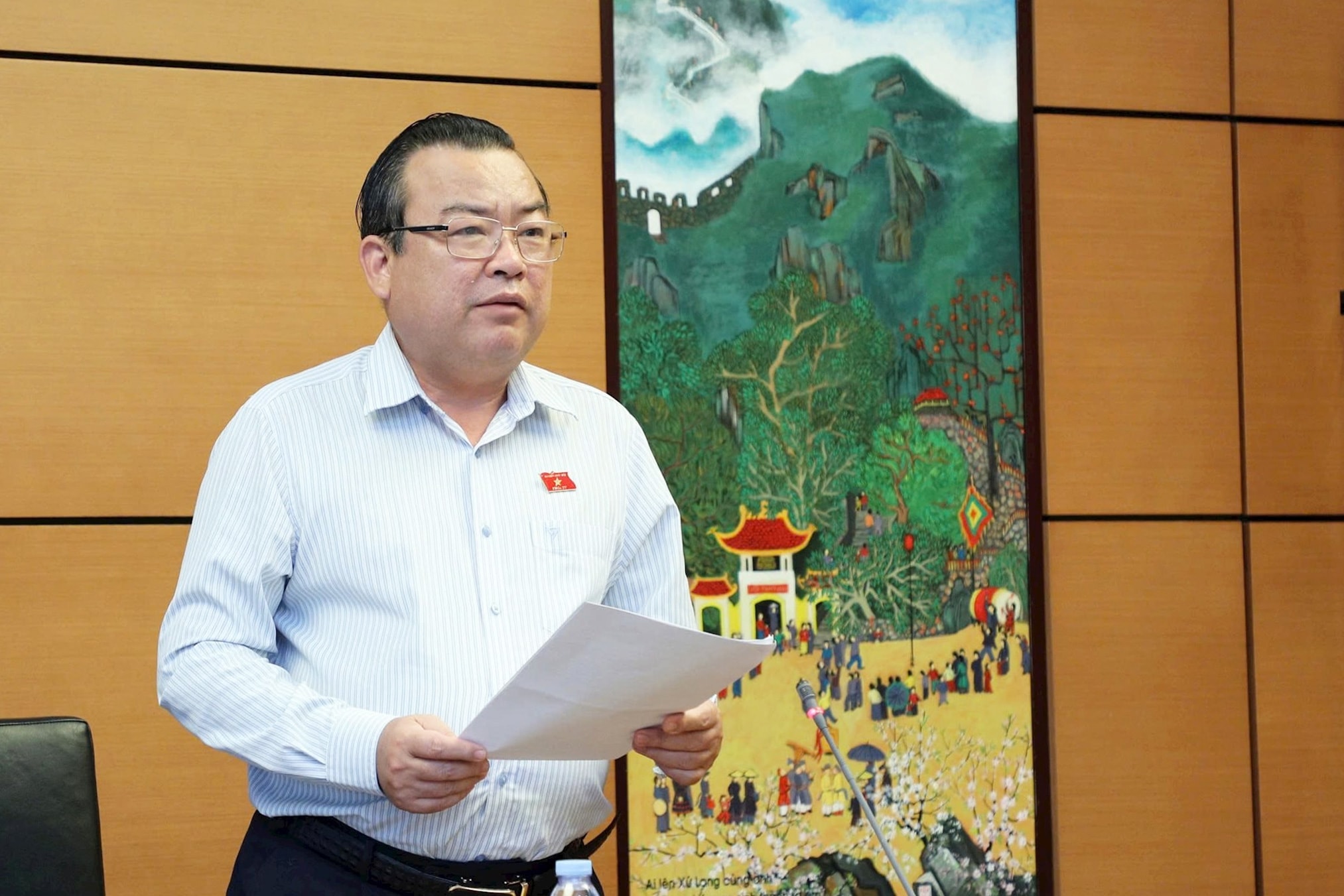
Agreeing with the opinion of delegate Mai Van Hai, National Assembly delegate Pham Hung Thai (Tay Ninh) also suggested clarifying the definition and criteria for “High-tech urban area” because the current provisions in the law are not specific. If not clearly defined, the application of preferential policies can be abused or not fully implemented, while limiting the legitimate rights of investors. In essence, high-tech urban areas should only be formed after there is a high-tech zone, with a synchronous ecosystem and infrastructure.
In addition, the delegates suggested that the Drafting Committee consider retaining Article 31 of the current Law regulating the function of manufacturing and trading high-tech products in high-tech zones, instead of removing it as in the draft. High-tech zones need to be organized with full activities from research, innovation, incubation, testing to production and business, forming a closed chain of mutual support between research and application, thereby enhancing technological value and development efficiency.
At the same time, the Thai delegate also suggested considering retaining Article 38 of the current Law, or similar provisions on high-tech agricultural zones. Maintaining this provision helps maintain favorable conditions for attracting investment in the agricultural sector, in line with the policy of modernizing agriculture and rural areas. High-tech agricultural zones need to be maintained to have a basis for issuing preferential policies and encouraging socio-economic development in rural areas with advantages in agricultural production.
During the group discussion, the National Assembly deputies also requested the drafting committee to review and unify the system of preferential policies for high technology, high-tech zones and high-tech urban areas in the law, including land, administrative procedures, credit and infrastructure investment support. At the same time, the Government was assigned to specify the level and form of incentives. These policies need to be consistent with related laws such as the Investment Law, Land Law and Planning Law to avoid overlap, ensure consistency in implementation and create favorable conditions for investors.
Source: https://daibieunhandan.vn/day-nhanh-tien-do-dong-bo-hoa-co-so-du-lieu-10394698.html





![[Photo] Da Nang: Hundreds of people join hands to clean up a vital tourist route after storm No. 13](https://vphoto.vietnam.vn/thumb/1200x675/vietnam/resource/IMAGE/2025/11/07/1762491638903_image-3-1353-jpg.webp)






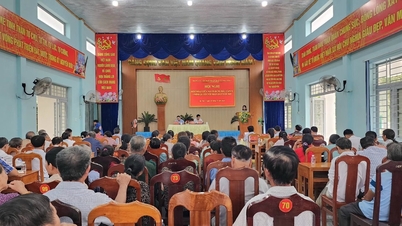

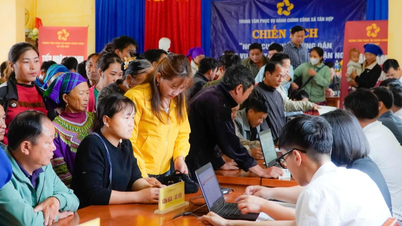



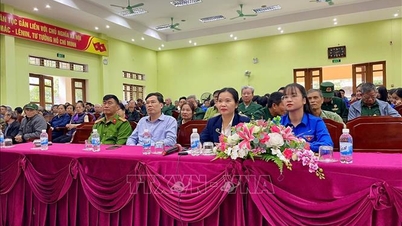




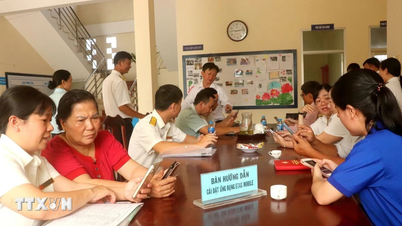

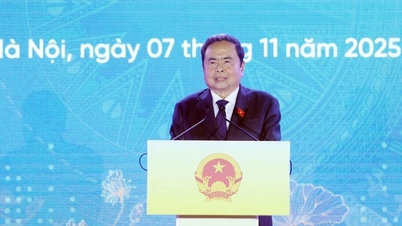






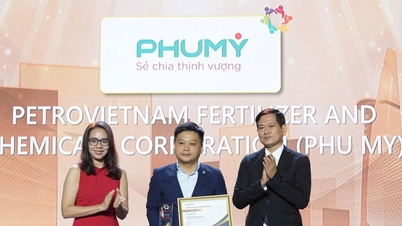


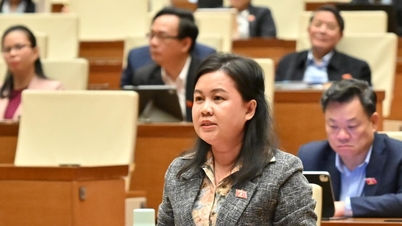






















































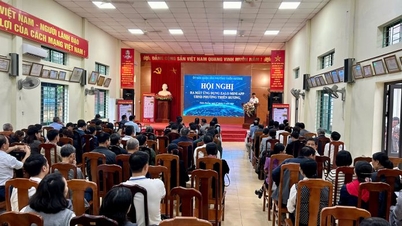

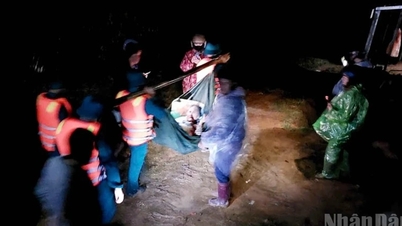



















Comment (0)